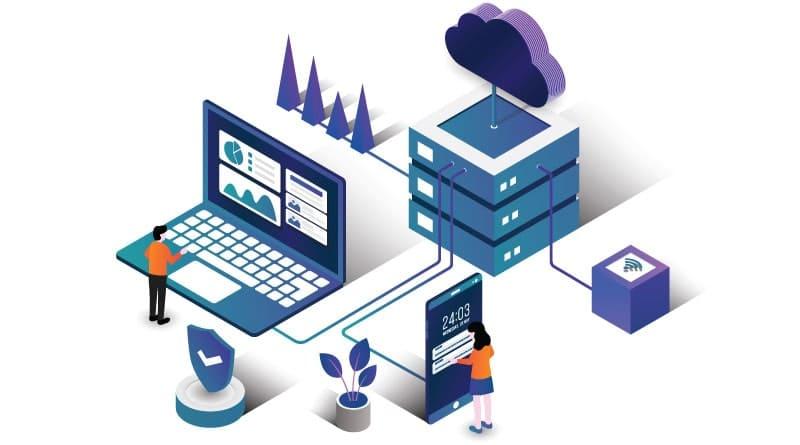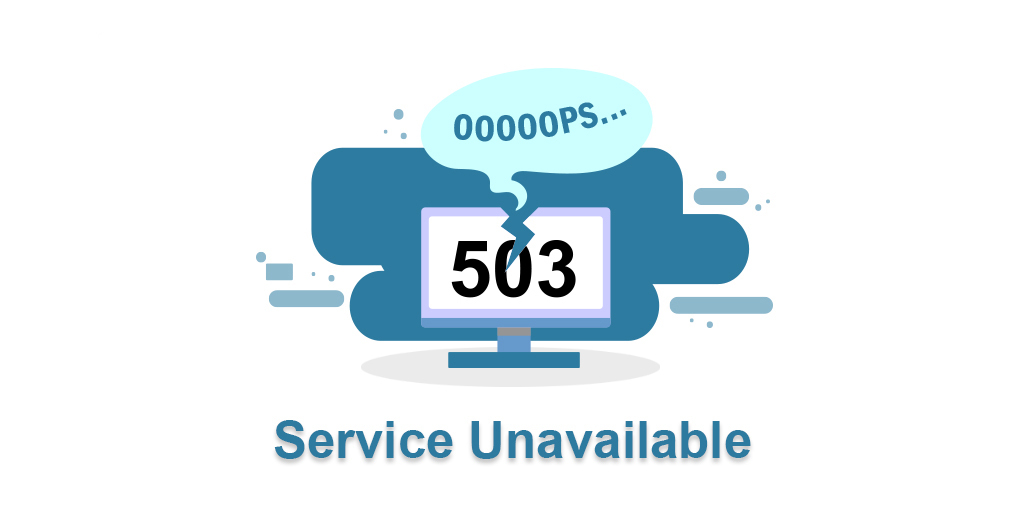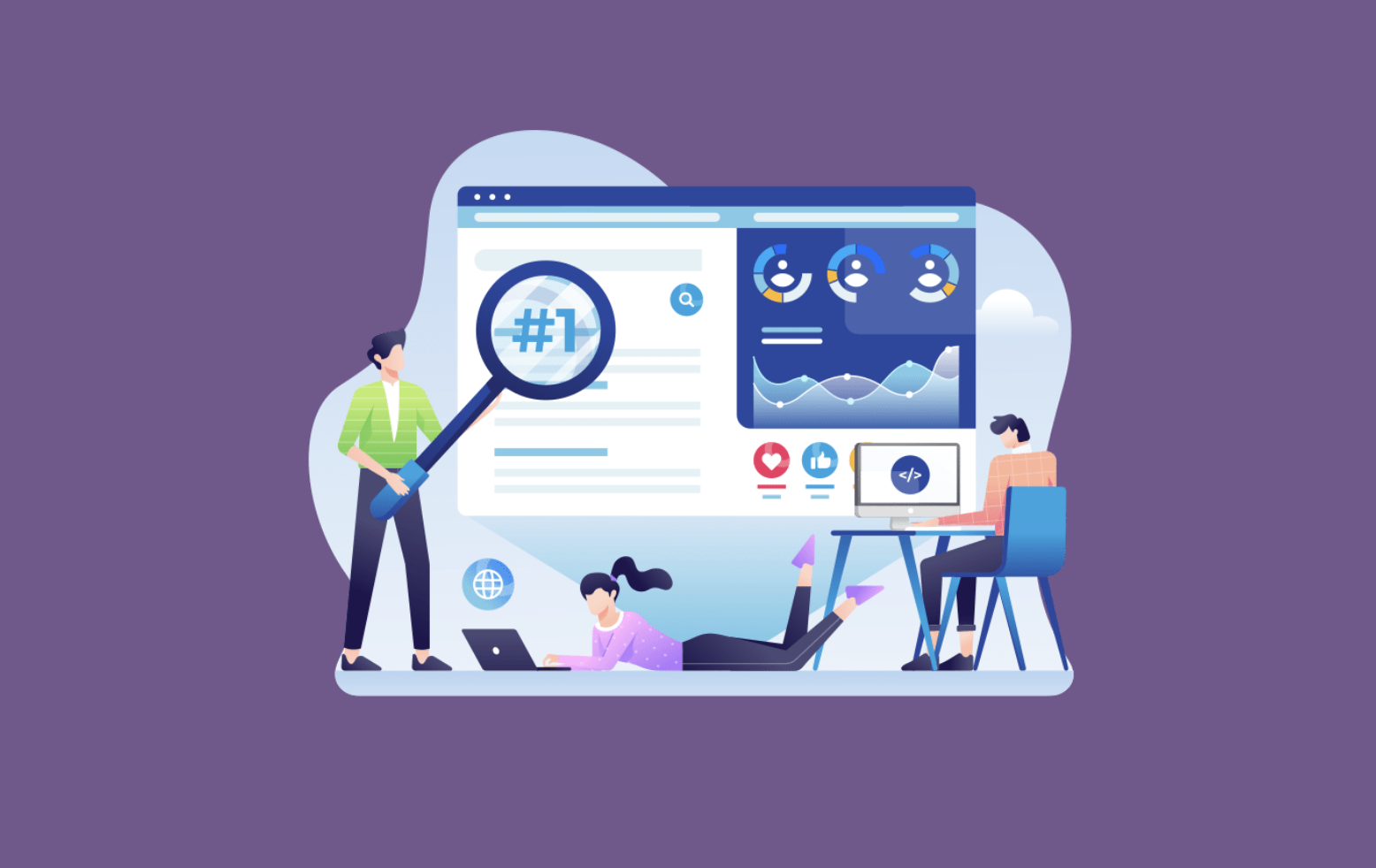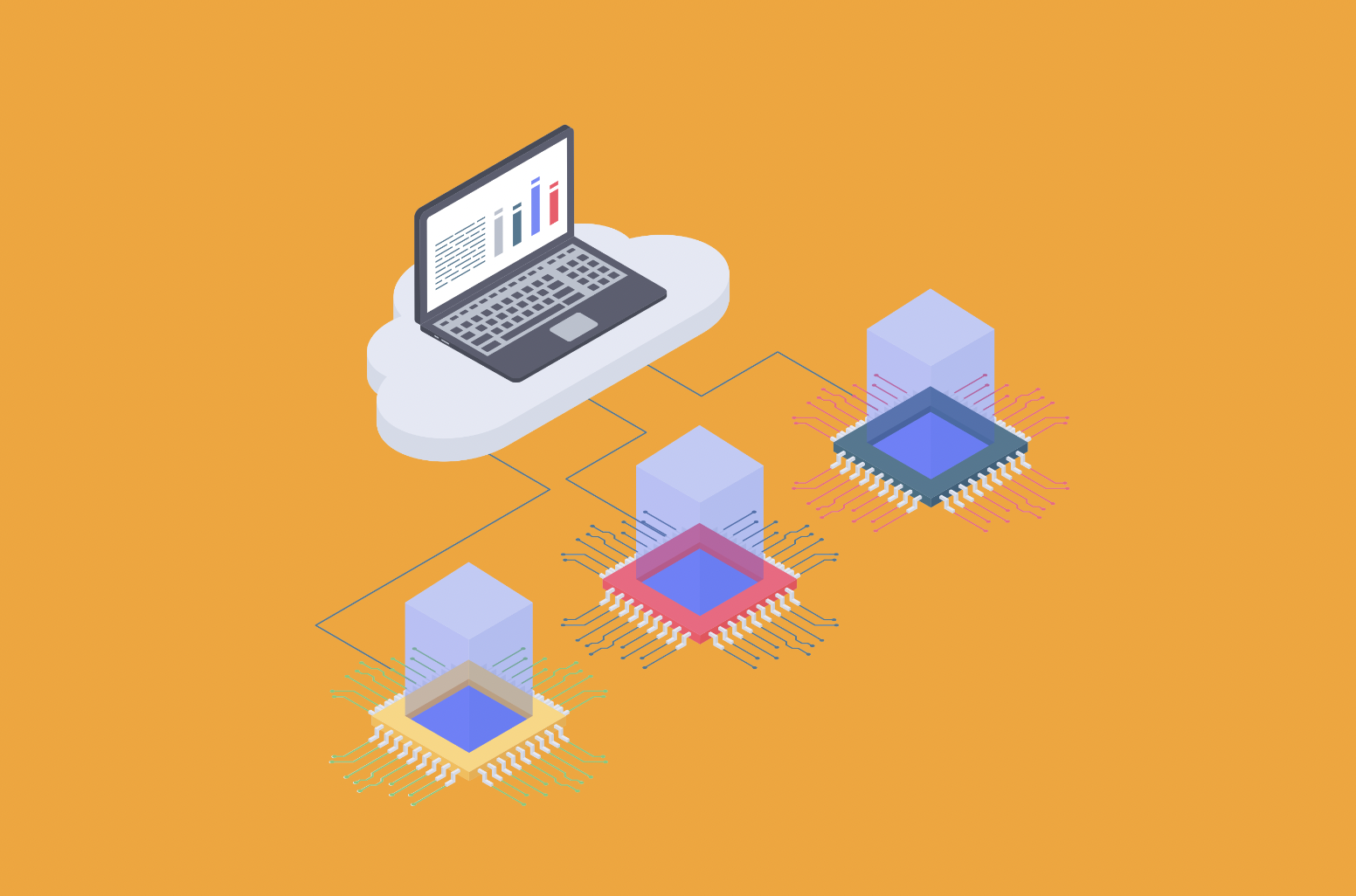Servers are like heavy-duty computers that store and manage information for the internet. When you visit a website or use an app, you're actually connecting to a server that sends you what you need.
Now, a dedicated server is exclusively for one user, so they get all the resources. A dedicated server means you have a powerful computer all to yourself, ensuring faster performance and more control because you're not sharing it with others. It's like having a private office instead of a shared workspace.
In this blog post, we'll delve into the world of servers with a particular emphasis on dedicated servers. While exploring the broader concept of servers, we'll highlight the unique advantages, features, and significance of dedicated servers in providing more personalized, and exclusive solutions for various online needs.
What is a Dedicated Server?
A dedicated server is a computer system solely allocated to a single user or organization. Unlike shared servers where resources are divvied up among multiple users, a dedicated server gives exclusive access to its entire capacity.
Core Components: Hardware, Software, and Network Connection
Hardware
A dedicated server comprises specialized, high-performance hardware components such as powerful processors, substantial RAM (Random Access Memory), and large storage capacities. These machines are built to handle intensive workloads and demanding tasks.
Software
Dedicated servers run specific operating systems and software tailored to the user's requirements. Users have the flexibility to install, configure, and customize software applications to suit their needs, whether it's for hosting websites, managing databases, or running specialized programs.
Network Connection
Dedicated servers are connected to high-speed internet connections and are designed to ensure consistent, reliable network connectivity. This ensures swift data transfer and responsive performance.
Primary Functions
Data Storage Dedicated servers excel in storing huge amounts of data securely. They serve as repositories for websites, databases, files, and various digital assets.
Processing Power
These servers boast significant processing capabilities, allowing them to handle complex computations, run applications, and manage high-traffic websites efficiently.
Resource Allocation
With dedicated servers, users have complete control over resource allocation. They can dictate how processing power, memory, and storage are utilized, optimizing performance based on specific needs.
Enhanced Security
Dedicated servers offer heightened security features, safeguarding sensitive data and ensuring a more secure environment compared to shared hosting options.
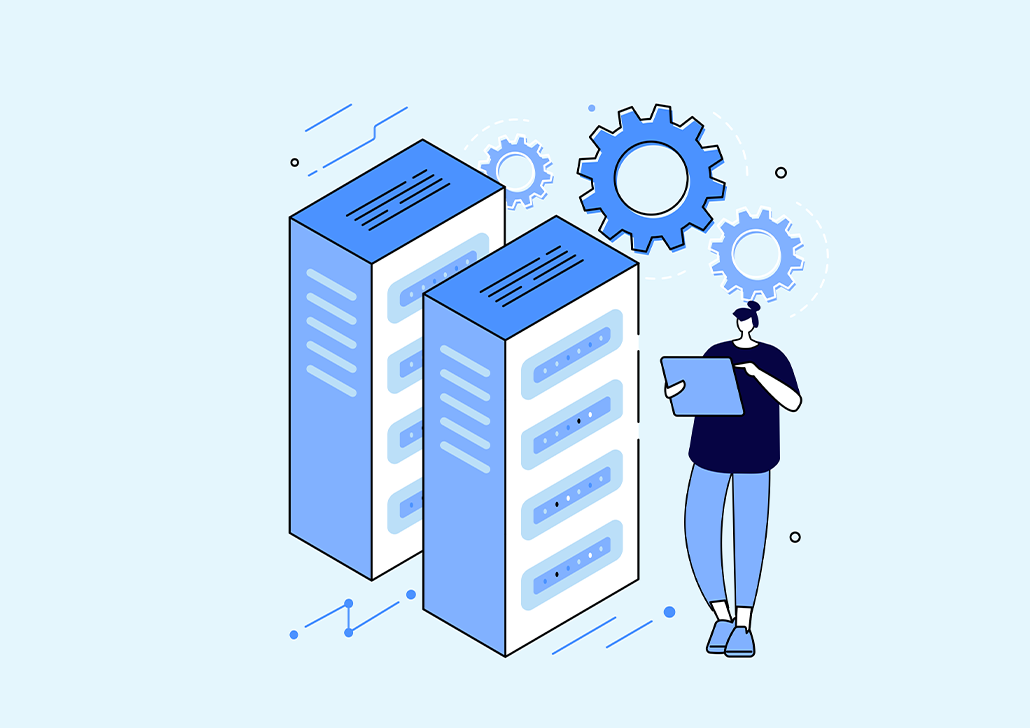
Types of Servers
Shared Servers
Definition
Shared servers are where multiple users share the resources of a single server. Each user's website or application is hosted on the same server, dividing resources among all users.
Performance
Shared servers may experience performance fluctuations, as resources are shared among multiple users. High traffic or resource-heavy activities by one user can impact others sharing the server.
Security
Security vulnerabilities can arise due to shared resources. If one user's site gets compromised, it could potentially affect others on the same server.
Cost
Shared servers are cost-effective as the expenses are divided among multiple users, making them an affordable option for those with budget constraints.
VPS (Virtual Private Server)
Definition
VPS is a virtualized server environment created by dividing a physical server into multiple virtual servers. Each VPS operates independently with its own dedicated resources.
Performance
VPS offers better performance compared to shared servers as resources are dedicated to individual users. However, performance can still be affected if the allocated resources are exceeded.
Security
VPS provides a higher level of security compared to shared servers since each VPS operates independently, reducing the risk of one user affecting others.
Cost
VPS falls between shared and dedicated servers in terms of cost. It's more expensive than shared hosting but more affordable than dedicated servers.
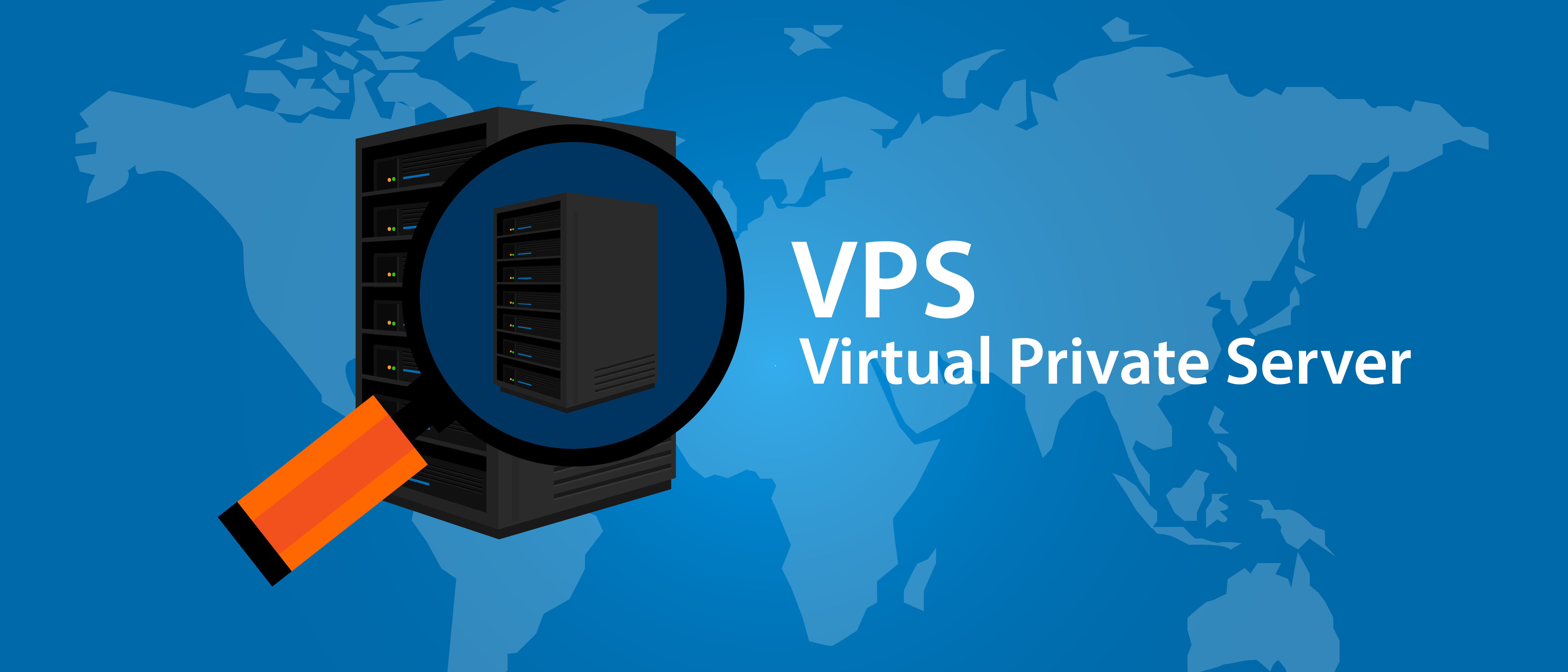
Comparison with Dedicated Servers:
Performance:
Dedicated Servers: Offer the highest performance as all resources are exclusively dedicated to one user, ensuring consistent and optimal performance. Shared Servers: Performance might be inconsistent due to shared resources among multiple users. VPS: Provides decent performance, but it can fluctuate if resource limits are exceeded.
Security:
Dedicated Servers: Provide the highest level of security as resources are not shared with other users, reducing the risk of external threats. Shared Servers: Have a higher security risk since vulnerabilities of one user can affect others sharing the same server. VPS: Offers better security compared to shared servers but may have slightly more vulnerability than dedicated servers.
Cost:
Dedicated Servers: Generally more expensive due to exclusive resource allocation. Shared Servers: The most cost-effective option as expenses are divided among multiple users. VPS: Falls between shared and dedicated servers in terms of cost, offering a balance between performance and affordability.
Advantages of a Dedicated Server
Performance Boost:
- With a dedicated server, all resources - CPU, RAM, and storage - are exclusively yours. This means faster website loading times and consistent performance, even during peak traffic.
- Dedicated servers minimize the risk of downtime. Since you're not sharing resources with others, there's no risk of another user's actions affecting your site's performance.
Superior Security Measures:
- Dedicated servers offer advanced security measures such as firewalls, intrusion detection systems, and DDoS (Distributed Denial of Service) protection. These features safeguard your data and applications from potential threats and attacks.
- The isolation of your server means that security breaches affecting other users on shared servers won't impact you. This provides an added layer of security for sensitive information.
Unmatched Customization:
- You have the freedom to choose the operating system that best suits your needs, whether it's Linux-based distributions like Ubuntu or CentOS, or Windows Server editions.
- The flexibility to install and configure software tailored to your specific requirements is a significant advantage. Whether it's database systems, web server software, or custom applications, you have full control over what runs on your dedicated server.
- You can fine-tune resource allocation based on your needs. Adjusting CPU power, RAM, and storage ensures optimal performance for your applications or websites.
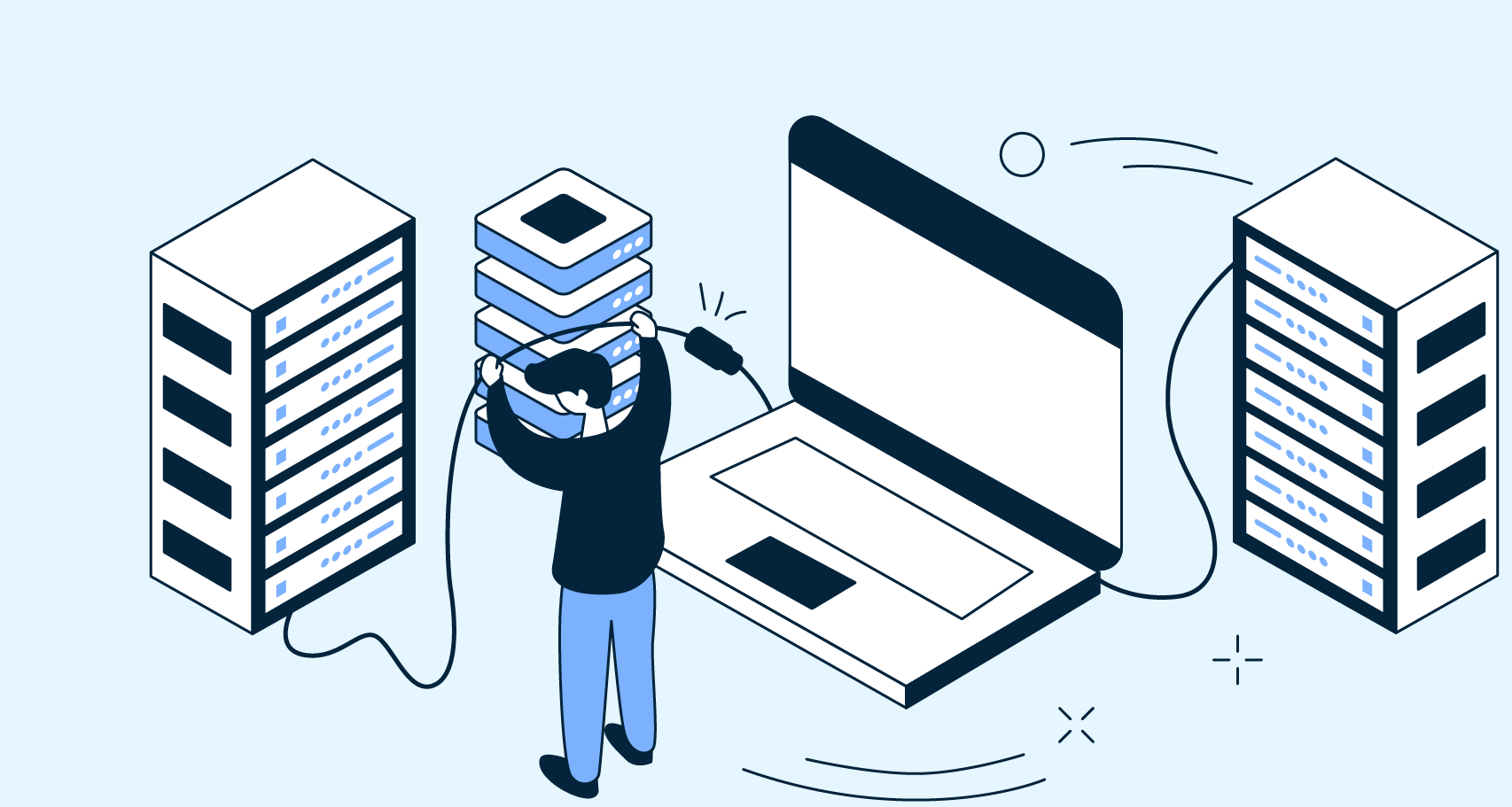
When to Consider a Dedicated Server
High Traffic Websites
If your website experiences a surge in traffic, a dedicated server becomes crucial. Shared resources on other hosting types might not handle high visitor numbers efficiently, leading to slower load times or even crashes.
Dedicated servers ensure your site remains fast and responsive, providing a seamless experience for users regardless of traffic spikes.
Resource-Intensive Applications
When running applications that demand significant computational power or extensive resources, a dedicated server ensures optimal performance without compromising on speed or functionality.
Resource-intensive applications like complex databases, specialized software, or demanding online services benefit from the dedicated resources, ensuring stability and efficient operation.
Data Security Needs
If your business deals with sensitive data (customer information, financial records, etc.), a dedicated server offers a higher level of security compared to shared or virtual environments.
With a dedicated server, you have control over security configurations, allowing you to implement robust security protocols, firewalls, and encryption tailored to safeguard critical information.
How to Choose a Dedicated Server
Hardware Specifications
- Assess your needs regarding processing power (CPU), memory (RAM), and storage capacity. Consider the type of applications or websites you'll run and choose hardware specifications that align with their requirements.
- Opt for a server that allows for future scalability. Ensure that it's equipped to handle potential growth in your website's traffic or the demands of your applications.
Bandwidth Allocation
- Consider the amount of data transfer (bandwidth) included in the server package. Ensure it meets your current needs and has room for potential traffic spikes without incurring additional charges or slowdowns.
- Evaluate the network speed and quality offered by the hosting provider. A reliable, high-speed network connection is crucial for optimal performance.
Provider Reputation
- Research and review feedback from existing customers about the hosting provider. Check for reliability, customer support, uptime, and overall satisfaction.
- Look into the provider's uptime guarantees and support responsiveness outlined in their SLAs to ensure they meet your business requirements.
Cost Consideration
- Compare initial setup costs and ongoing monthly fees among different providers. Ensure you're getting value for the services provided and that the pricing aligns with your budget.
- Evaluate the provider's flexibility in scaling resources. Determine if they offer upgrade options without significant downtime or cost spikes as your needs expand.
Conclusion
Dedicated servers stand as the pinnacle of online performance, security, and customization. They offer an exclusive digital estate, ensuring top-tier performance even amidst surges in traffic, running resource-intensive applications seamlessly, and fortifying sensitive data with robust security measures. Knowing when to opt for a dedicated server, understanding the crucial factors in selection, from hardware specifications to provider reputation and costs, empowers businesses and individuals to make informed choices.
Explore Dedicated Servers Today!
Ready to take your online presence to the next level? Explore dedicated server options tailored to your needs. Unlock unmatched performance, security, and flexibility by investing in a dedicated server solution that aligns with your business goals.
Don't settle for limitations—discover the power and control of dedicated servers to elevate your online ventures. Get started today and experience the difference firsthand!
Is a dedicated server worth it?
Absolutely. If you prioritize performance, security, and control over your online presence, a dedicated server is invaluable. It ensures exclusive access to resources, optimal website performance, heightened security, and the flexibility to tailor the server to your needs.
How do I maintain a dedicated server?
Maintaining a dedicated server involves regular updates of software and security patches, monitoring performance, managing backups, and implementing security measures. Many hosting providers offer management services or tools to assist with server maintenance tasks.
Can I upgrade my dedicated server resources?
Yes, most hosting providers offer options for upgrading dedicated server resources. You can typically scale up by increasing CPU power, RAM, storage, or bandwidth to accommodate growing needs. Some providers may facilitate these upgrades seamlessly, while others might require server downtime during the process.
What is the difference between managed and unmanaged dedicated servers?
Managed dedicated servers come with comprehensive support from the hosting provider. They handle server maintenance, updates, security patches, and troubleshooting, allowing you to focus on your business. Unmanaged servers require you to handle these tasks yourself, providing greater control but demanding more technical expertise and time commitment.
Additional Resources
Tools for Dedicated Servers: - cPanel: A powerful web hosting control panel for managing websites and servers. - Plesk: Another user-friendly control panel offering simplified server and website management.
Articles for Further Reading: - Uncovering the Contrast: Comparing Dedicated Hosting to Shared Hosting

Nadejda Milanova
An experienced Content creator in the field of Search Engine Optimization (SEO) and WordPress. A true proffesional with a Master's degree focused on journalism.
Read more by Nadejda Milanova

